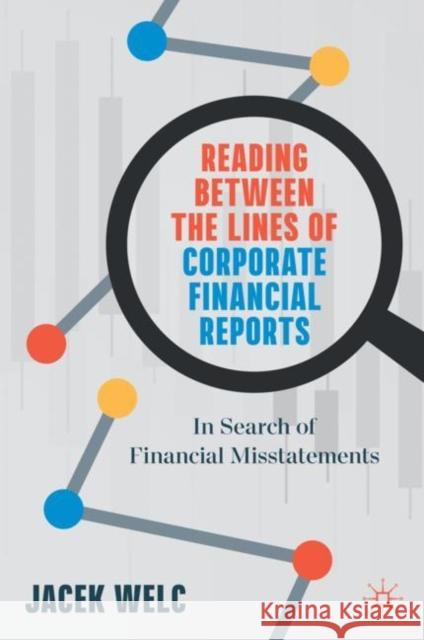Reading Between the Lines of Corporate Financial Reports: In Search of Financial Misstatements » książka
topmenu
Reading Between the Lines of Corporate Financial Reports: In Search of Financial Misstatements
ISBN-13: 9783030610401 / Angielski / Twarda / 2020 / 431 str.
Reading Between the Lines of Corporate Financial Reports: In Search of Financial Misstatements
ISBN-13: 9783030610401 / Angielski / Twarda / 2020 / 431 str.
cena 442,79
(netto: 421,70 VAT: 5%)
Najniższa cena z 30 dni: 424,07
(netto: 421,70 VAT: 5%)
Najniższa cena z 30 dni: 424,07
Termin realizacji zamówienia:
ok. 22 dni roboczych
Dostawa w 2026 r.
ok. 22 dni roboczych
Dostawa w 2026 r.
Darmowa dostawa!
Kategorie:
Kategorie BISAC:
Wydawca:
Palgrave MacMillan
Język:
Angielski
ISBN-13:
9783030610401
Rok wydania:
2020
Wydanie:
2020
Ilość stron:
431
Waga:
0.81 kg
Wymiary:
23.88 x 19.56 x 2.79
Oprawa:
Twarda
Wolumenów:
01











